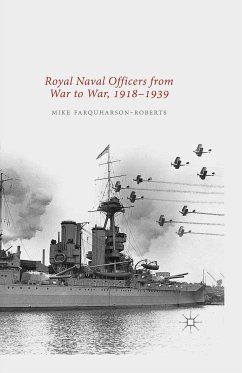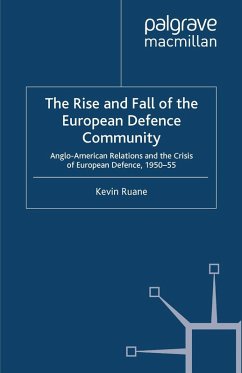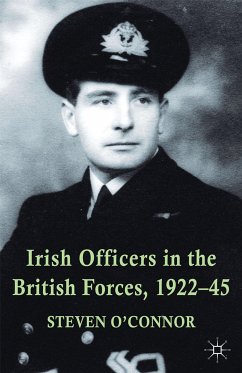
Royal Naval Officers from War to War, 1918-1939 (eBook, PDF)
Versandkostenfrei!
Sofort per Download lieferbar
72,95 €
inkl. MwSt.
Weitere Ausgaben:

PAYBACK Punkte
36 °P sammeln!
In the context of their war experience in the First World War, the changes and developments of the Executive branch of the Royal Navy between the world wars are examined and how these made them fit for the test of the Second World War are critically assessed.
Dieser Download kann aus rechtlichen Gründen nur mit Rechnungsadresse in A, B, BG, CY, CZ, D, DK, EW, E, FIN, F, GR, HR, H, IRL, I, LT, L, LR, M, NL, PL, P, R, S, SLO, SK ausgeliefert werden.












